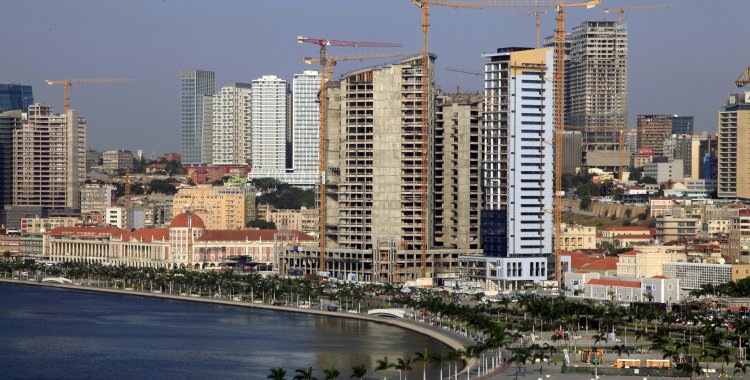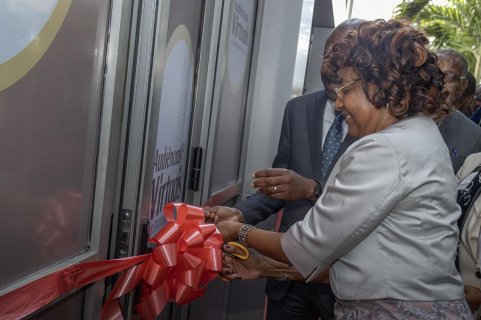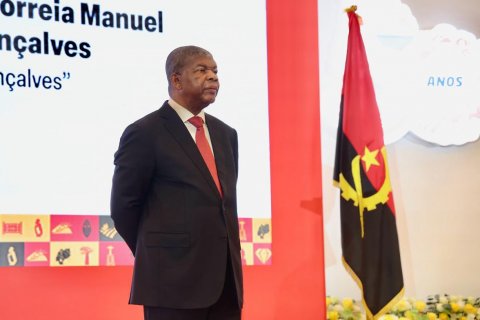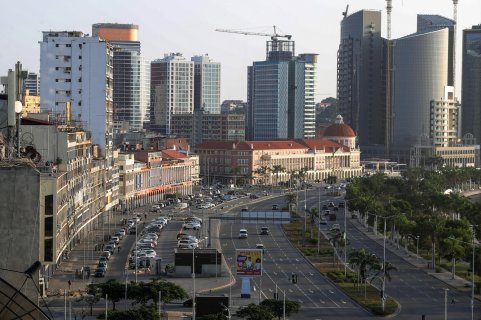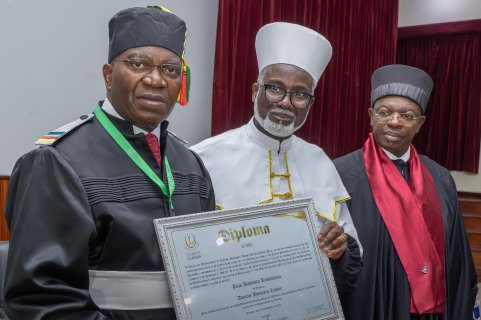"Angola's public debt is sustainable with substantial restructuring of interest and principal payments and a strong fiscal adjustment sustained by revenues," reads the detailed evaluation report to the third review of the financial aid program, released this Monday.
After reaching 120 percent of GDP this year, the debt ratio should fall to around 75 percent by 2025, "falling steadily" and allowing technicians to consider the debt sustainable, an essential condition for the review to have been discussed by the IMF board.
Unlike other countries with lower ratios and which the IMF considers to have unsustainable debt, Angola has the particularity of receiving a good part of tax revenues in foreign currency, which, combined with the fact that the majority of the debt is in dollars, mitigates the effect of exchange volatility.
"The public debt ratio is expected to remain high over the projection horizon [until 2025] and will take a little longer to converge to the medium-term anchor than previously expected" due to deteriorating economic conditions, the document states, which concludes that "Angola's debt profile will continue to be subject to significant vulnerabilities, including exposure to foreign exchange risk and interest rates, in addition to a reduction in the creditor base".
On Wednesday, the IMF board approved Angola's request for increased financial assistance, immediately disbursing 1 billion dollars and raising the total program to almost 4.5 billion dollars.
"The board's decision allows for an immediate disbursement of one billion dollars to Angola and an increase of around 765 million dollars until the end of the program," to almost 4.5 billion dollars, the IMF then announced.
In the press release accompanying the announcement, the IMF explains that this third positive evaluation of the financial aid provided under the Extended Fund Facility allows for the disbursement of an additional one billion dollars, making up some 2.5 billion dollars already delivered since the signing of the agreement on 7 December 2018.
The main objectives of the agreement are "to restore external and fiscal sustainability, improve governance and diversify the economy to promote sustainable economic growth, led by the private sector".

